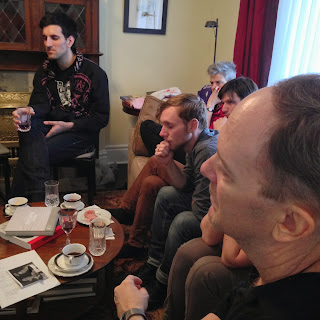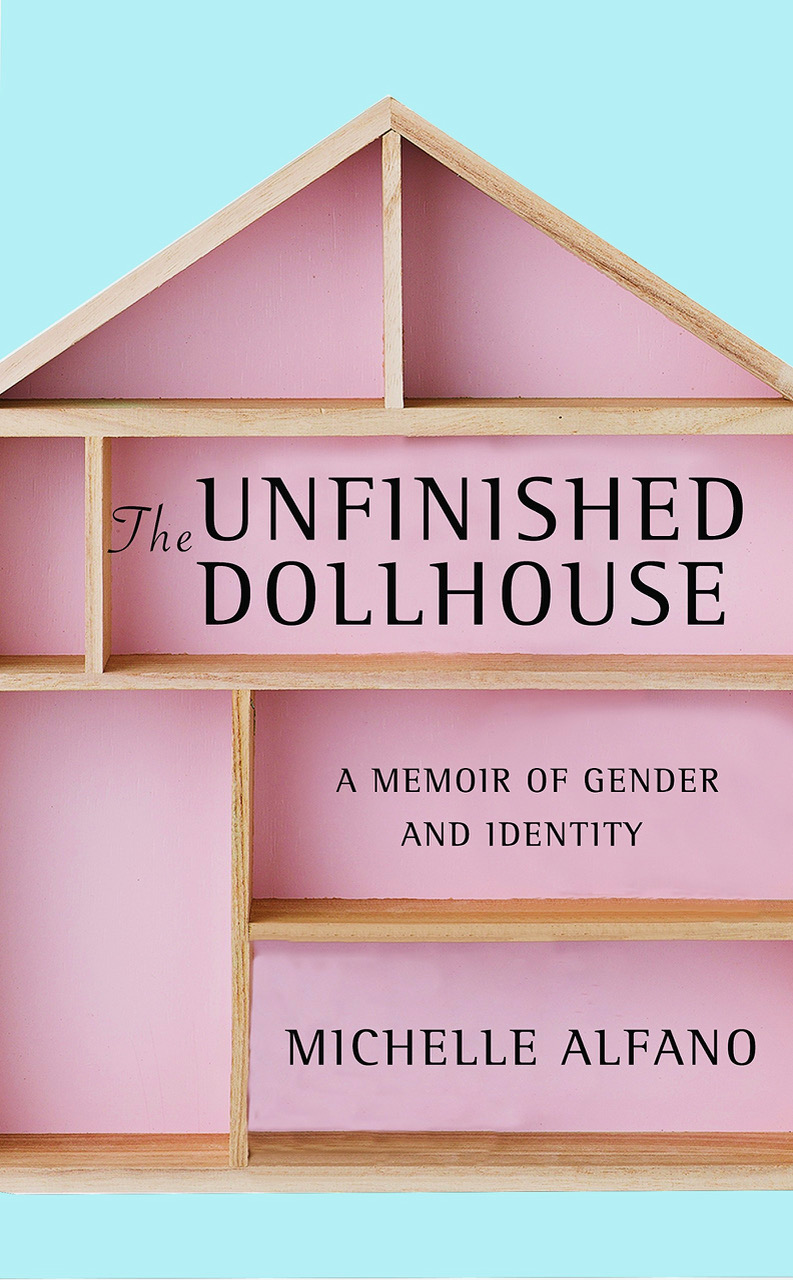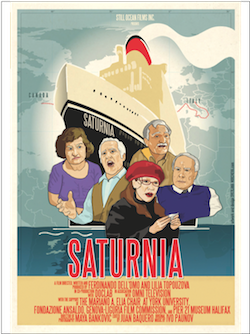I was angry with Lenny*. Very angry. He had left us with two months unpaid rent. Bouncing cheques. Delayed payments sometimes in cash if at all. Frequent protestations that he could still pay the rent after months of evidence that he could not. And a filthy apartment strewn with his left behind junk.
I was less sympathetic than R about Lenny staying in the unit. Yeah, Ms. I-volunteer-with-the-homeless. I was really irritated with and anxious about the overdue rent. It's a little different when it's your pocketbook and time that's affected I found. I didn't have a personal connection with Lenny. I barely knew him. But even I didn't have the heart to try and remove him when it was clear that things were heading south for him. The girlfriend left, leaving him alone to pay the rent. He seemed to have lost his job and whether he lost it, or was laid off, was unclear. He seemed to be having some mental health issues.
You may not think it, but it is difficult to remove a tenant, both physically and psychologically. And we didn't have the heart to proceed.
R was the one who would talk to him when issues arose - he was sleeping during the day, unkempt and apathetic, with no apparent employment (he said he was working nights now - was he?), the house a mess, and no promise of future rent in sight.
What he left behind wasn't pretty either. An apartment full of garbage ... discarded clothes and shoes in the closet and in garbage bags lying around ... uneaten food in the fridge and the cupboards ... filthy, rusted, corroded appliances that had not been cleaned in years ... a closet full of used cat litter ... cupboards full of food that was rotting away ...
It was difficult to show the apartment in such a state. The little apartment had so many advantages. Nice street in a lovely Victorian-era house. Beautiful if unkempt garden. A newly renovated bathroom. Good neighbours. But not in this state ... nary a serious nibble from the many people who came to view the apartment. Nada.
It needed a extreme cleaning makeover. I didn't think even a cleaning service could tackle this without charging some exorbitant fee. R and I decided to roll up our sleeves and tackle it ourselves. The kitchen was the worst ... okay, starting with the kitchen it was.
We went through the cupboards first ... we emptied them of bags of old brown rice, numerous pouches and boxes of assorted herbal teas, mineral supplements, healthy pastas, likely purchased ages ago by the ex-girlfriend before his troubles seem to start. She had worked in a health food store and apparently brought home all this nutritious food for them - now largely unused it appeared.
About a year and a half ago, R had received a phone call from the girlfriend: she said if Lenny tried to cash a cheque and it had her name on it, that account was now defunct and we shouldn't cash it. Sure enough he did try and give us one. We asked for another. That went through but others sometimes did not. Then he started paying in cash. Sometimes not until mid month. Then not at all. Finally he said he would leave of his own volition and was moving in with a near relation to care for them and receive a government subsidy for doing so. We had no idea if this was true but I admit I was relieved.
Last Christmas he asked us to change the locks on the apartment. Why? He was afraid that the girlfriend would come back and try and get in. To do what? He wouldn't say. He didn't push very hard and we weren't about to change the locks unless he had a good reason. He then suddenly dropped his request and said it was fine, that there was no need to do so.
He left behind a dozen pairs of shoes - some of them hers. Really ... what female leaves without her shoes? Was she forced out? Stormed out? Too anxious to leave and forgot them?
We continued looking through the cupboards. R found some packet samples of anti-depressants, some unused, deep in the cupboards. It looked to me like samples a sympathetic doctor might have given a patient who could not afford them or didn't have an insurance plan. But why unused? Did he give up on them? Did they not allay his symptoms? Did they not work?
Ugh, wizen-hearted landlady ... you feel horrid now don't you? Yes, I do.
Even though the car is on the fritz and I'm paying for an emergency root canal (luckily for me partially covered by insurance) and the house needs some work ... I am trying to forget Lenny's debt. My (our) troubles seem small, minuscule. As I scrubbed and wiped and poured cleanser over every possible surface, my anger ebbed away and I flushed it wholesale down the sink with the dirty water and all the uncharitable thoughts I'd been having. And that felt really good.
*Not his real name






























